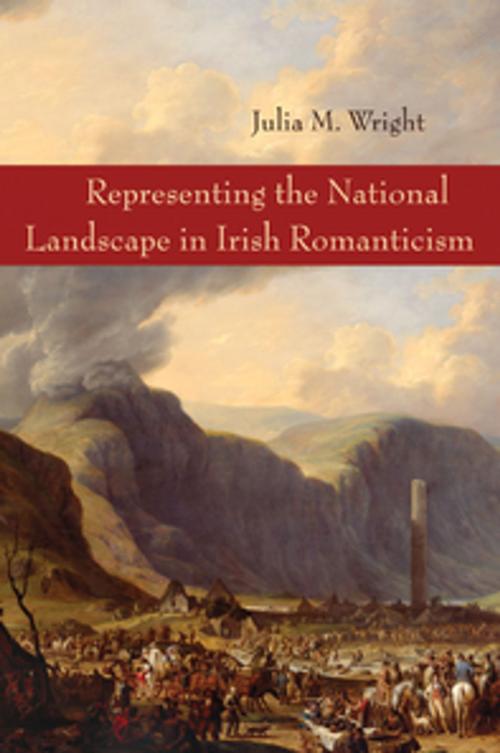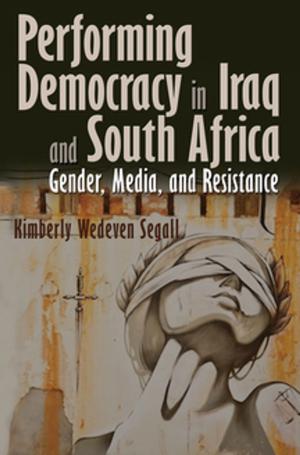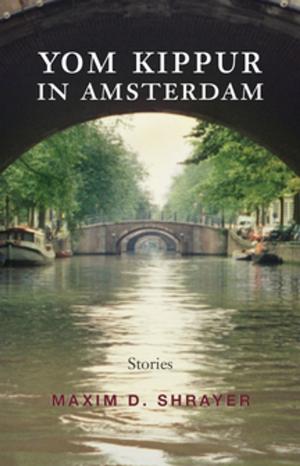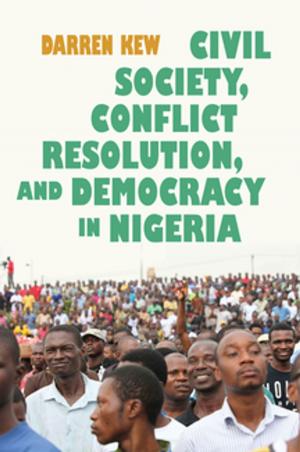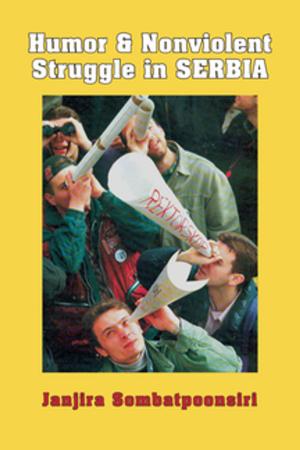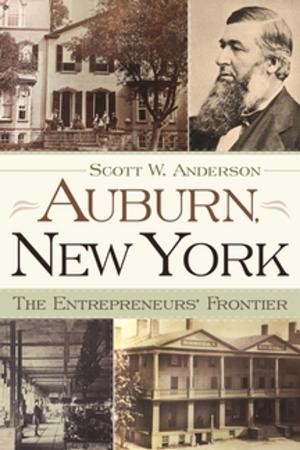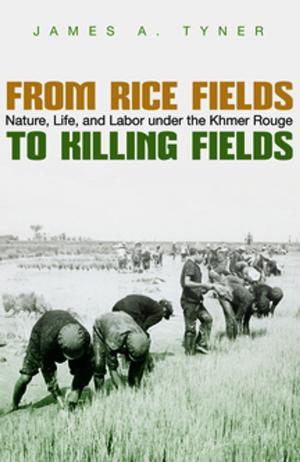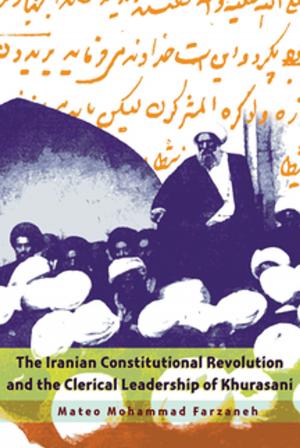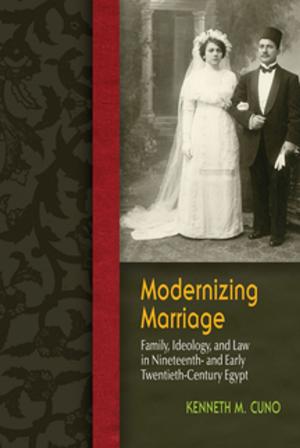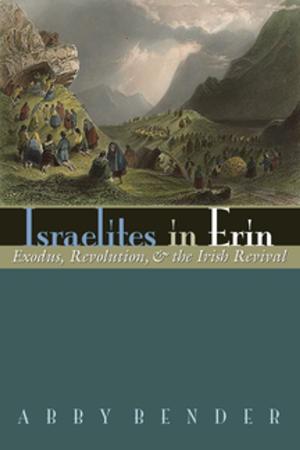Representing the National Landscape in Irish Romanticism
Fiction & Literature, Literary Theory & Criticism, British| Author: | Julia Wright | ISBN: | 9780815652663 |
| Publisher: | Syracuse University Press | Publication: | April 22, 2014 |
| Imprint: | Syracuse University Press | Language: | English |
| Author: | Julia Wright |
| ISBN: | 9780815652663 |
| Publisher: | Syracuse University Press |
| Publication: | April 22, 2014 |
| Imprint: | Syracuse University Press |
| Language: | English |
Ireland is a country which has come to be defined in part by an ideology
which conflates nationalism with the land. From the Irish Revival’s celebration
of the Irish peasant farmer as the ideal Irishman to the fierce history
of land claim battles between the Irish and their colonizers, notions of the
land have become particularly bound up with conceptions of what Ireland
is and what it is to be Irish. In this book, Wright considers this fraught
relationship between land and national identity in Irish literature. In doing
so, she presents a new vision of the Irish national landscape as one that
is vitally connected to larger geographical spheres. By exploring issues
of globalization, international radicalism, trade routes, and the export of
natural resources, Wright is at the cutting edge of modern global scholarly
trends and concerns. In considering texts from the Romantic era such as
Leslie’s Killarney, Edgeworth’s "Limerick Gloves," and Moore’s Irish Melodies,
Wright undercuts the nationalist myth of a "people of the soil" using
the very texts which helped to construct this myth. Reigniting the field of
Irish Romanticism, Wright presents original readings which call into question
politically motivated mythologies while energizing nationalist conceptions
that reflect transnational networks and mobility.
Ireland is a country which has come to be defined in part by an ideology
which conflates nationalism with the land. From the Irish Revival’s celebration
of the Irish peasant farmer as the ideal Irishman to the fierce history
of land claim battles between the Irish and their colonizers, notions of the
land have become particularly bound up with conceptions of what Ireland
is and what it is to be Irish. In this book, Wright considers this fraught
relationship between land and national identity in Irish literature. In doing
so, she presents a new vision of the Irish national landscape as one that
is vitally connected to larger geographical spheres. By exploring issues
of globalization, international radicalism, trade routes, and the export of
natural resources, Wright is at the cutting edge of modern global scholarly
trends and concerns. In considering texts from the Romantic era such as
Leslie’s Killarney, Edgeworth’s "Limerick Gloves," and Moore’s Irish Melodies,
Wright undercuts the nationalist myth of a "people of the soil" using
the very texts which helped to construct this myth. Reigniting the field of
Irish Romanticism, Wright presents original readings which call into question
politically motivated mythologies while energizing nationalist conceptions
that reflect transnational networks and mobility.
